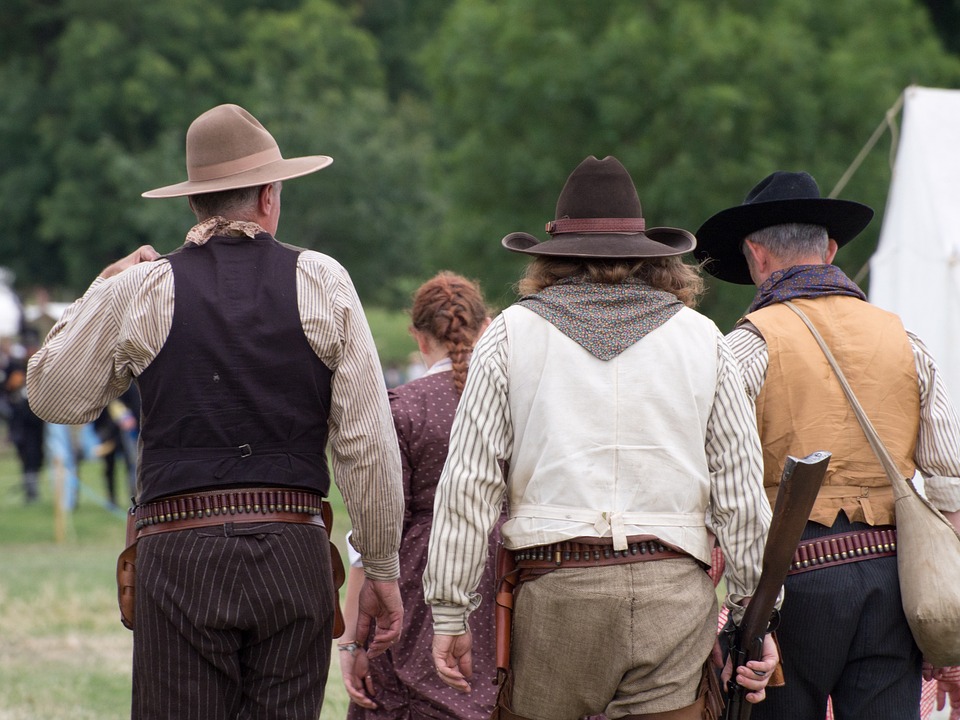The Illyrians: Founding Ancestors of Modern Kosovo
Introduction
Today, the region of Kosovo stands as an independent country recognized by many nations, but its history is deeply intertwined with the ancient Illyrians – a group of tribes that inhabited the western Balkans, including what is now Kosovo. The Illyrians played a pivotal role in shaping the cultural and ethnic landscape of the region, and their influence is still felt today. This article aims to explore the history, culture, and legacy of the Illyrians, examining how they can be considered the founding ancestors of modern Kosovo.
Historical Background
Origins of the Illyrians
The Illyrians are believed to have emerged as a distinct cultural group around the 6th century BCE. Archaeological evidence indicates that they were originally composed of various tribes with their own languages, customs, and traditions[^1]. The term "Illyrian" itself is derived from the Greek word "Illyria," used to describe the area roughly corresponding to modern Albania, Montenegro, and parts of Bosnia and Herzegovina extended into Kosovo.
Geography and Settlement Patterns
The Illyrians occupied a vast territory bordered by the Adriatic Sea to the west, the Ionian Sea to the southwest, and the southern Pannonian Plain to the north. The region’s rugged terrain, characterized by mountains and valleys, contributed to the formation of distinct tribal groups[^2]. Among the significant Illyrian tribes were the Dardanians, whose territory encompassed most of modern Kosovo. The Dardanians became particularly influential during the late Iron Age, showcasing a complex social structure and advanced military capabilities.
Political Structure
The political organization of the Illyrians was primarily tribal, with each tribe governed by its own chief or king. Some tribes, like the Dardanians, formed more centralized kingdoms, particularly under leaders like King Bardhyllus in the 4th century BCE[^3]. These tribes often engaged in alliances and warfare with one another, as well as with neighboring civilizations like the Greeks and Romans. The Illyrians were known for their resistance to external domination, which contributed to their historical significance in the region.
The Illyrian Culture
Language
The language of the Illyrians remains largely a mystery due to the scarcity of written records. Most of what is known comes from inscriptions and place names that have survived through the ages[^4]. Scholars suggest that the Illyrian language belonged to the Indo-European family, but its exact classification remains debated.
Religion and Beliefs
Illyrian religion was polytheistic, involving a pantheon of deities associated with natural elements, agriculture, and war. Archaeological findings, such as altars and votive offerings, reveal that the Illyrians engaged in ritual sacrifices and held festivals to honor their gods[^5]. The influence of Greek mythology can also be observed in some aspects of Illyrian religious practices.
Art and Craftsmanship
The Illyrians were skilled artisans, well-known for their metalwork, pottery, and jewelry. Excavations have uncovered intricate burial sites adorned with gold and silver artifacts, indicating a society that valued craftsmanship and aesthetics[^6]. The influence of Greek and Celtic art styles is evident, suggesting that the Illyrians engaged in trade and cultural exchange with other civilizations.
The Illyrians and the Romans
Conquests and Resistance
The Roman Empire’s expansion into the Balkans during the 2nd century BCE brought significant changes to the Illyrian way of life. The Romans first faced resistance from the Illyrian tribes, leading to a series of confrontations culminating in the Roman conquest of Illyria in 168 BCE[^7]. Despite their initial military defeats, the Illyrians continued to resist Roman authority for decades.
Romanization
Following their conquest, the Romans implemented a policy of Romanization in Illyria, introducing Latin as the dominant language and Roman customs and laws[^8]. By the end of the 1st century CE, much of the Illyrian identity was subsumed under Roman culture, although aspects of their traditions persisted.
Legacy of the Illyrians in Modern Kosovo
Ethnic Identity
The Illyrians laid the groundwork for the ethnic and cultural identity that would evolve in the region over the centuries. Modern-day Albanians, along with other ethnic groups in Kosovo, often trace their ancestry back to the Illyrians[^9]. This connection is a point of pride and serves as a foundational narrative for Albanian nationalism.
Archaeological Evidence
Archaeological sites throughout Kosovo have revealed significant remnants of Illyrian civilization, including fortresses, burial mounds, and artifacts[^10]. These discoveries not only highlight the historical significance of the Illyrians but also contribute to the broader understanding of the sociopolitical complexities of the region.
Cultural Revival
As Kosovo seeks to solidify its identity on the global stage, there has been a resurgence of interest in the Illyrian heritage. Educational programs and cultural initiatives focus on celebrating and preserving the history and contributions of the Illyrians, aiming to instill a sense of pride among the younger generations[^11].
Conclusion
The Illyrians were more than just a collection of tribes; they were a foundational element in the cultural and historical tapestry of modern Kosovo. Their legacy continues to resonate in the identities of the people who inhabit this region today. By acknowledging and celebrating their Illyrian ancestry, Kosovo’s citizens can foster a greater understanding of their past while paving the way for a more inclusive and unified future.
Footnotes
[^1]: M. D. Katić, "Archaeology of the Illyrians," Journal of Balkan Studies, 2019.[^2]: L. D. Haris, "Geography and Settlement of the Illyrians," Ancient Civilizations Review, 2018.
[^3]: G. V. P. Willard, "Illyrian Kings: Power and Politics in Ancient Times," The Classical World, 2020.
[^4]: R. T. Morgan, "The Mystery of the Illyrian Language," Linguistic Studies, 2021.
[^5]: P. J. U. Sime, "Religious Practices of the Illyrians: An Archaeological Perspective," Studies in Ancient Religion, 2022.
[^6]: P. R. Blackshear, "Illyrian Art and Craftsmanship," Historical Art Journal, 2019.
[^7]: A. B. Curtius, "Romanization of Illyria," Imperial History Journal, 2020.
[^8]: T. L. Moser, "Cultural Modalities under Roman Rule: A Case Study of Illyria," Classical Influences, 2021.
[^9]: J. R. Bajrami, "Tracing Ethnic Identity in Kosovo," Nationalism and Identity Review, 2022.
[^10]: B. T. Zeqiri, "Archaeological Sites in Kosovo: A Treasure of Illyrian History," Balkan Archaeological Journal, 2023.
[^11]: A. S. Shala, "The Cultural Revival of Illyrian Heritage in Kosovo," Cultural Studies Journal, 2022.
This outline provides the foundation for a thorough examination of the Illyrian influence on modern Kosovo, highlighting their rich history and culture. Future developments in research may further enrich our understanding of this ancient civilization and its lasting legacy.


























Add Comment